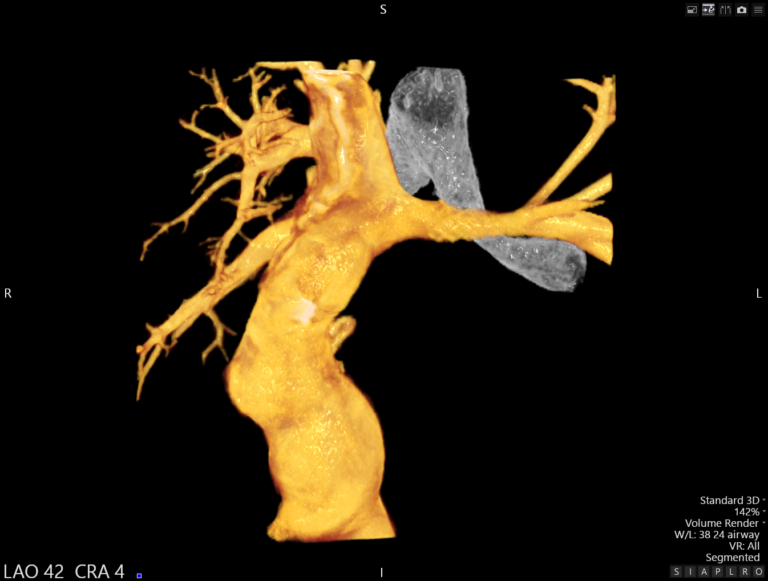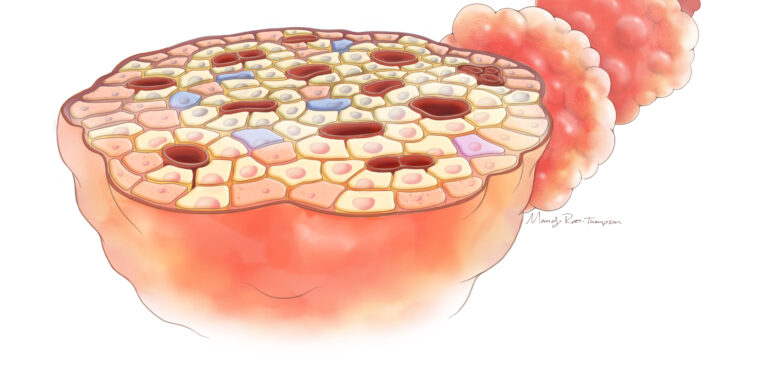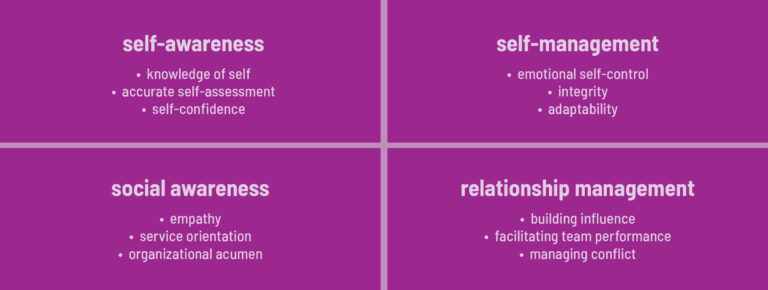New Nomogram Helps Optimize 3-D Rotational Angiography for Congenital Cardiac Catheterization
New Nomogram Helps Optimize 3-D Rotational Angiography for Congenital Cardiac Catheterization https://pediatricsnationwide.org/wp-content/uploads/2022/11/1-1024x775.png 1024 775 Katie Brind'Amour, PhD, MS, CHES https://pediatricsnationwide.org/wp-content/uploads/2021/03/Katie-B-portrait.gifClinician-researchers studied a large number of 3-D rotational angiography (3DRA) cases to identify patient and practice factors that produce the highest quality images. In an effort to aid in the successful application of 3-D rotational angiography (3DRA) in cardiac catheterization labs worldwide, a team…
read more














